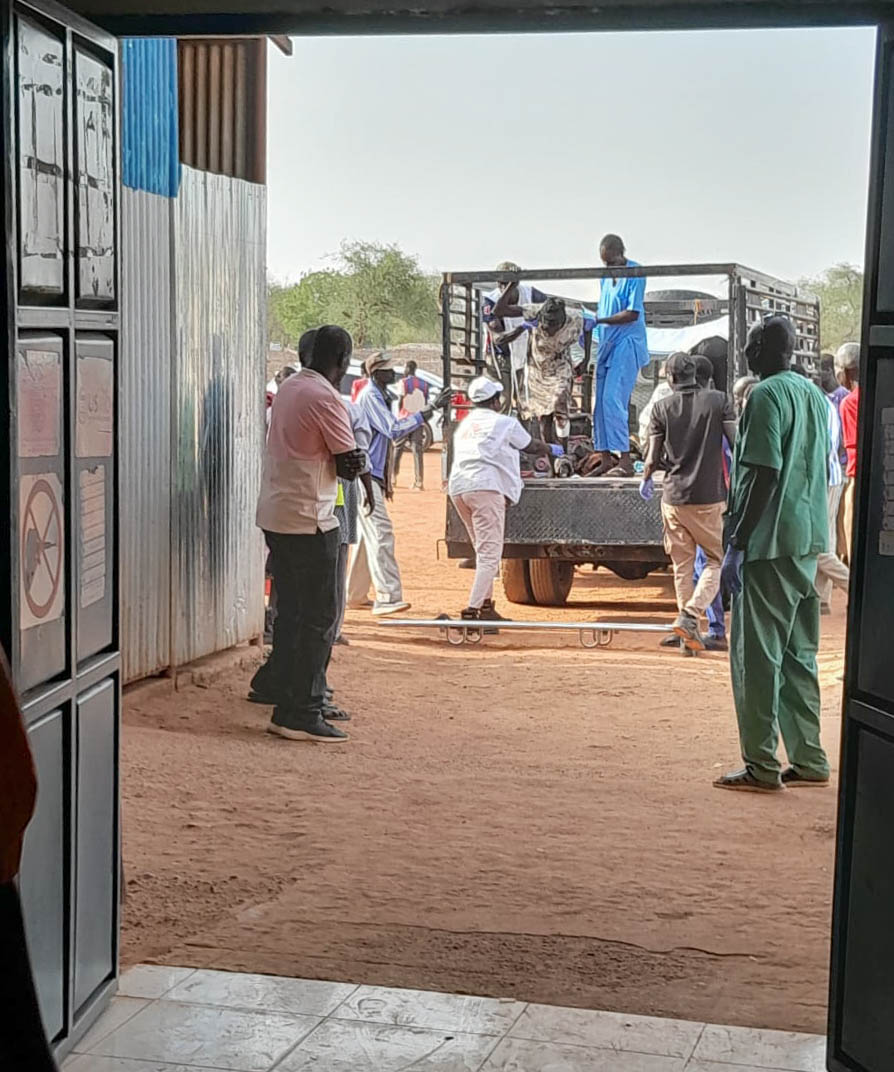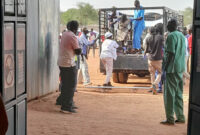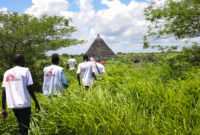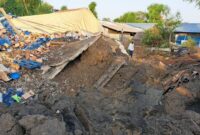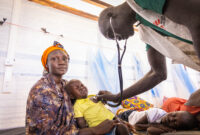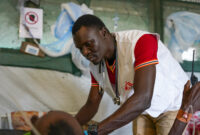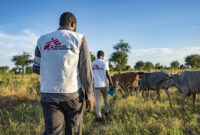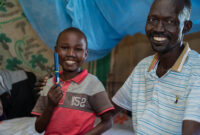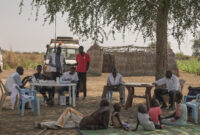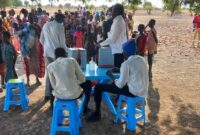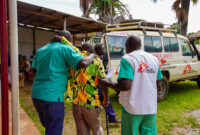South Sudan: Mass causality in Abiemnhom town
MSF and Ministry of Health teams treat 80 gunshot patients after large-scale clashes
Early on Sunday morning, March 1, large-scale violent clashes occurred in Abiemnhom town, in the northwest of Ruweng administrative area. Local communities have been significantly impacted.
Doctors Without Borders/Médecins Sans Frontières (MSF) supports the Ministry of Health hospital in Abyei town, which has so far received 80 patients with gunshot wounds, including women and children. Sadly, some wounded patients have died.
This area has a long history of intercommunal violence. We have witnessed clashes before, but the scale of the casualties from this incident is particularly alarming.
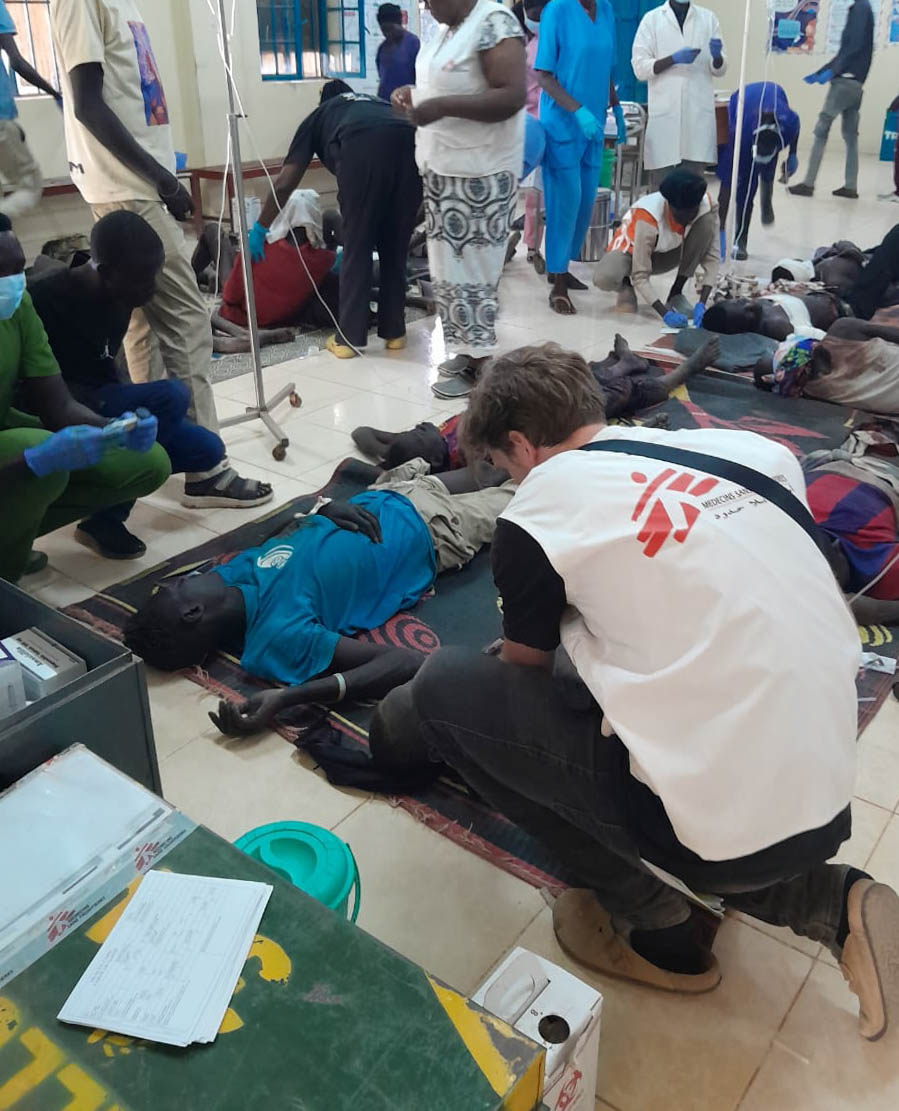
“It was really difficult to manage the mass casualty, but many MSF and Ministry of Health staff came on their day off and from other facilities to support,” says Abraham Deng Lual Wek, MSF nurse supervisor. “For the surgical team it was a challenge to manage all of the emergency cases between the two operating rooms. Our triage area, emergency room and wards were full of patients, so we expanded the capacity by using tents and a meeting space which also filled quickly.”
The MSF team in Twic county also provided a donation of supplies to Mother Theresa hospital in Turalei. This outbreak of intercommunal clashes reflects the ongoing fragility of the situation in some areas of South Sudan, where cycles of violence continue to significantly impact communities and overwhelm an already weakened healthcare system.
